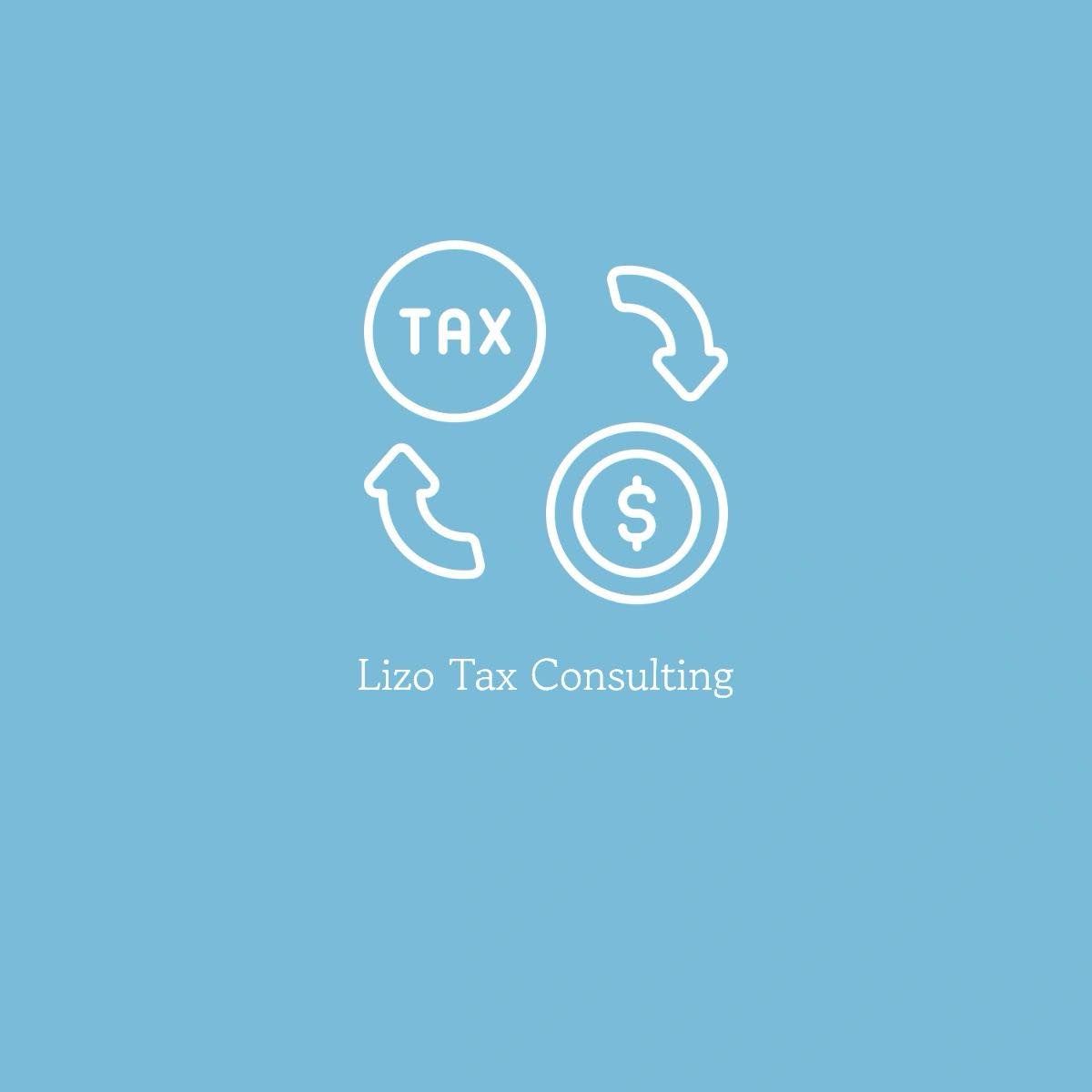UN Employee Tax Benefits and Requirements
Comprehensive overview of tax treatment for UN employees, including salary exemptions, allowances, and reporting obligations.
UN Salary Tax Exemption
Under Section 7(a) of the UN Headquarters Agreement and similar provisions in other agreements, salaries and emoluments paid by the United Nations to its officials and employees are exempt from US federal income tax.
What's Covered by the Exemption
- Base salary paid by the UN
- Post adjustment allowances
- Dependency allowances
- Education grants
- Rental subsidies provided by the UN
Filing Requirements Despite Exemption
Even though UN salaries are exempt from US taxation, UN employees who are US citizens or green card holders must still file US tax returns if they meet the filing thresholds.
How to Report UN Income
UN income should be reported on Form 1040 with "EXEMPT-UN" written next to the amount. This shows the IRS that you're aware of the income but claiming the exemption.
Taxable Income for UN Employees
While UN salaries are exempt, other income sources remain taxable:
- Investment income (dividends, interest, capital gains)
- Rental income from properties
- Consulting income outside UN duties
- Spouse's income (if not also UN employee)
- Business income
FBAR and FATCA Reporting
Foreign Bank Account Report (FBAR)
UN employees must file FBAR if they have foreign financial accounts exceeding $10,000 at any time during the year. This includes:
- Bank accounts in countries of assignment
- Investment accounts
- UN Joint Staff Pension Fund accounts (if accessible)
FATCA (Form 8938)
Required for specified foreign financial assets above thresholds. UN employees living abroad have higher thresholds than US residents.
UN Joint Staff Pension Fund
Contributions to the UN Joint Staff Pension Fund are generally not deductible for US tax purposes since they're made with exempt income. However, distributions may be partially taxable depending on various factors.
Pension Taxation Upon Retirement
UN pension benefits are generally taxable to US persons, but the taxation can be complex depending on:
- Length of UN service
- US tax treaties with country of residence
- Type of distribution (lump sum vs. periodic payments)
State Tax Considerations
While UN salaries are exempt from federal tax, state tax treatment varies:
- New York generally follows federal exemption
- Some states may not recognize the exemption
- Maintaining state residency while abroad affects obligations
Special Allowances and Benefits
Education Grants
Education grants provided by the UN are generally exempt from US taxation as part of the overall salary exemption.
Home Leave Travel
Travel benefits provided by the UN are typically exempt, but personal travel remains a personal expense.
Repatriation Grants
These are generally exempt as they're considered part of the UN compensation package.
Common Filing Mistakes
- Not filing US returns due to salary exemption
- Failing to report other taxable income
- Missing FBAR and FATCA requirements
- Incorrectly reporting UN income
- Not considering state tax obligations
Planning Opportunities
UN employees have unique tax planning opportunities:
- Maximizing retirement contributions with non-UN income
- Strategic timing of investment income
- Considering tax-efficient investment structures
- Planning for post-UN retirement
UN Employee Tax Questions?
Get expert guidance on UN employee tax matters from a specialist with UN Tax Unit experience.
